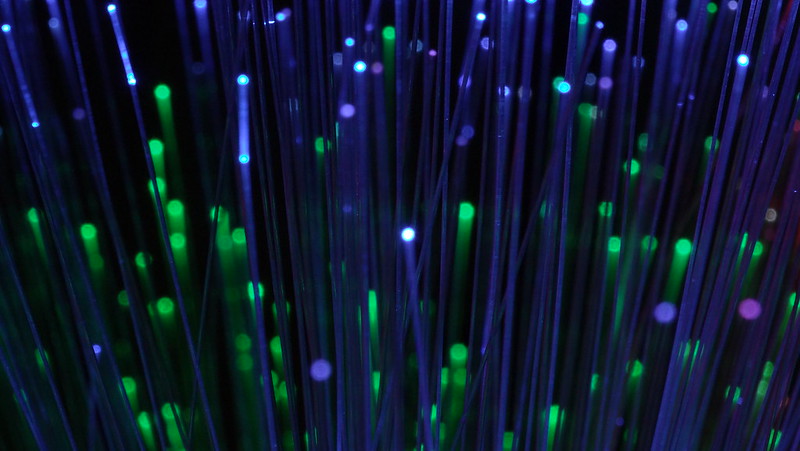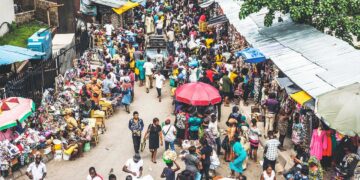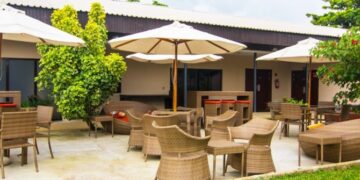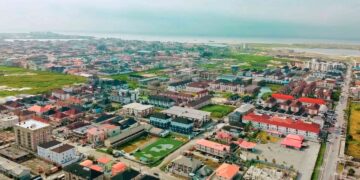According to the official plan as set forth by the Nigerian Presidential Committee, current online targets in Nigeria are aiming for 90% population coverage on mobiles by 2025. As part of an ongoing modernisation effort, the effects of this change could be profound. Affecting businesses, individuals, and government systems, this plan should present improved opportunities for communication and employment, though there are some instances where changes might not be immediately appreciable.
The Nigerian National Broadband Plan
While 4G and 5G mobile integration illustrate the most visible aspect of the Nigerian National Broadband Plan (NNBP), it also includes targets for wired internet with fibre and DSL. As the plan notes, fibre rollout plays a significant part in reaching certain key industries and institutions. These primarily revolve around education and healthcare systems, with government systems also being given high priority.
As of current plans, these goals of fibre rollout include:
- 100% integration with tertiary schools
- 50% integrations with secondary schools
- 25% integration with primary schools
- One general or major hospital in each local government area
- 90% of local governments (with the last 10% relying on satellite systems)
Achieving this goal means the installation of a minimum of 120,000 km of cable, with end costs targeting N390 for a gigabyte of data.
Outside of hardware infrastructure, the NNBP also includes provisions for higher rates of social involvement with digital literacy. In this way, the plan hopes to have at least 60% digital literacy achieved by 2025, with special attention also given to helping 100% of women’s social investment programs gain digital access.

Will Improved High-Speed Internet Matter to You?
In general, the answer is yes. Better fibre and mobile connectivity access will mean a natural decrease in cost and an increase in ease of accessibility. This means less trouble adopting the internet, and less waiting around when it is finally implemented. If you’re working directly in or with education, health, or the government, then these effects would be the most profound, though the trickle-down outcomes should affect many other users as well.
Movie and Music Streaming with Spotify or YouTube
Aiming to improve bandwidth and latency, this new plan should bring streaming possibilities up to or close to international streaming standards. This means high definition without interruptions, though there are limits. Speeds on these systems are expected to be somewhat slow at launch, meaning that ultra high definition and multiple streams from a single connection could initially hamper the experience.
Browsing and Web-Based Interactive Entertainment
Depending on the use-case, internet access with browsing and interactive experiences might see little change. To illustrate this idea, consider engaging with an online casino service such as BetFromAfrica.com. Using these websites means general navigation alongside aspects like account creation, collecting bonuses, and playing games. Though faster internet would decrease loading times in these instances, demands on hardware are already so low that the change might not be appreciable to the average person.

Already underway, the implementation of the NNBP is proceeding smoothly. While there have been setbacks due to difficulties in the international environment, these are likely to result in delays rather than outright cancellations. For better opportunities or just lower costs, many users could already be experiencing the benefits of this process, with many more to come in the years ahead. Though we’d have to see this plan in action before fully drawing conclusions, its current implications of developing Nigerian infrastructure could be unmatched in the modern age.




































Discussion about this post